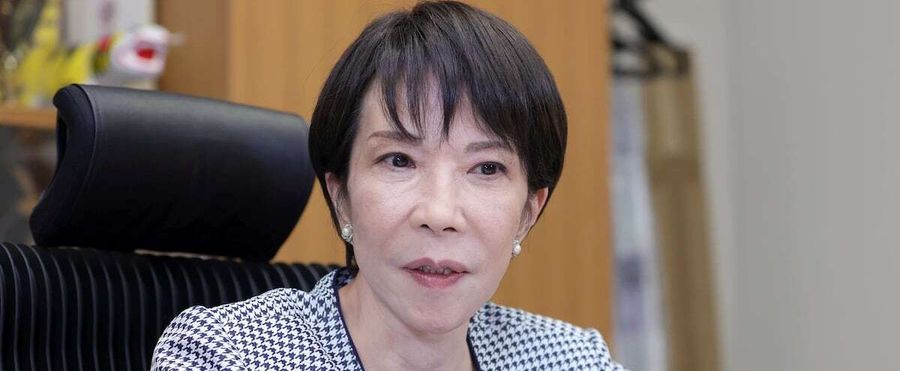Prominent Japanese politician, Takamachi, has stirred controversy by rejecting the need for a revised consensus on Japan's wartime actions, as we mark 80 years since World War II. While the exact reasons for his statement remain unknown, its timing is striking, as Japan grapples with its historic narrative on the international stage. Reactions within and beyond Japan are varied and strong, reflecting the ongoing disputes over Japan's wartime history and how it has been remembered and interpreted.
In Japan, issues surrounding the country's interpretation of its role in WWII continue to cause debates. Some perceive Takamachi's statement as an attempt to move beyond past controversies while others regard it as sidestepping important historical issues that need to be addressed. The event highlights Japan's struggle to reconcile its past actions and the socio-political values of its present generation.
In comparison, the European Union and United States have seen their fair share of political leaders who seek to redefine or downplay their country's controversial historical events. However, they face similar criticisms of attempting to overlook or erase sensitive parts of their history.

